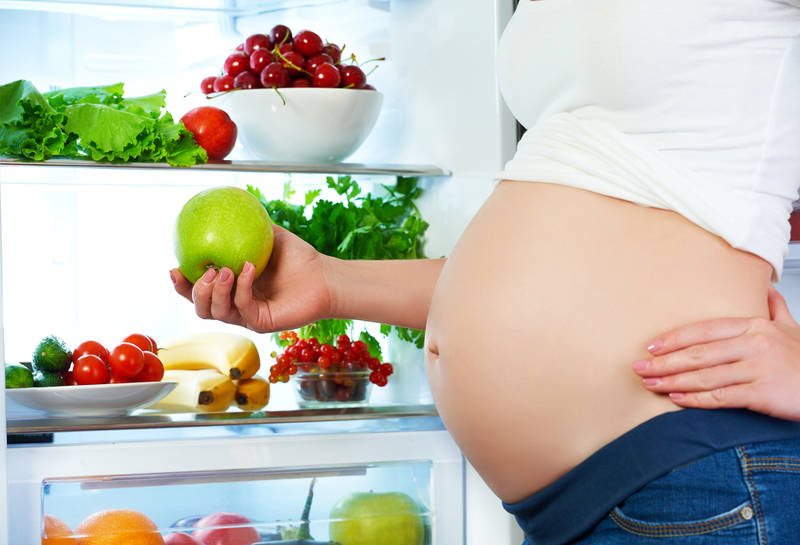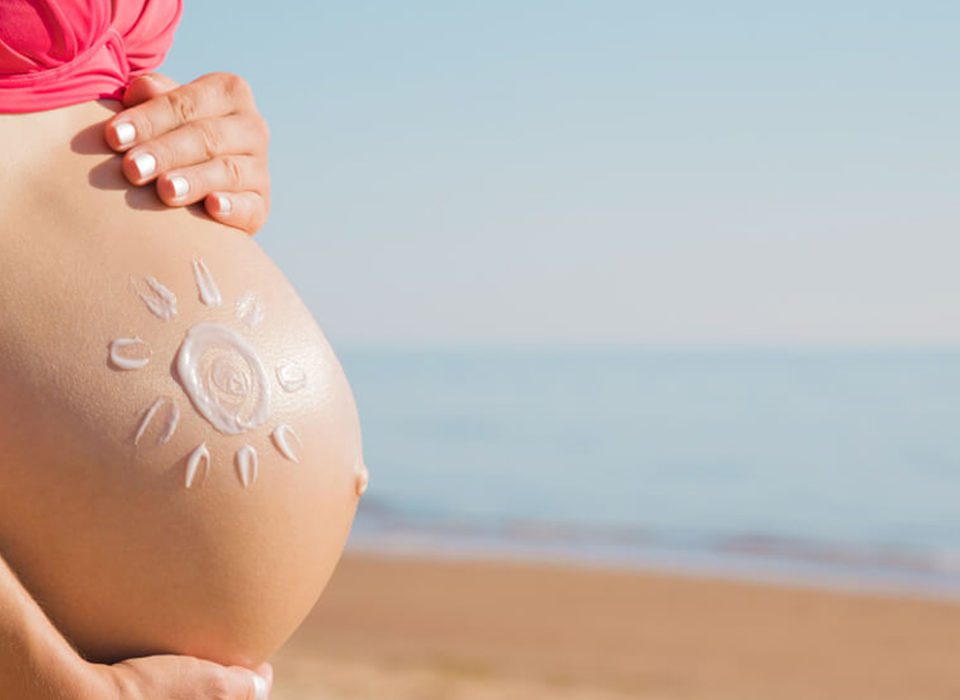As the weather gets colder, especially in the fall and winter months, flu and colds become more common. While this condition, which occurs with the weakening of the immune system, is very common even in normal times and negatively affects daily life, it is both worrying and disturbing when it occurs during pregnancy.
Flu and Colds during Pregnancy
Although the flu and the common cold are thought to be similar, they are actually two very different diseases when their causes and consequences are examined. Flu is caused by influenza viruses. Because the virus that causes the disease changes form frequently, it causes widespread outbreaks all over the world and can have dangerous consequences if care is not taken. The common cold is a disease caused by viruses called rhinoviruses and affects the nasal mucosa in particular. With flu, the symptoms are more severe, the common cold usually affects the nasal area, while the flu affects the whole body. Both diseases can be transmitted through inhalation or hand contact.
Flu Symptoms :
- Dry cough
- Fire
- Generalized pain sensation in the body
- Nasal congestion or discharge
- Severe headache
- Feeling of fatigue and weakness
- Loss of appetite
Symptoms of the Common Cold:
- Runny nose
- Sneezing
- Cough
- Mild headache
- Light fever
- Watery eyes
Treatment of Colds and Flu during Pregnancy
Having the flu during pregnancy can lead to infections such as pneumonia if left untreated. If this is not intervened early, the disease can become more complicated. During pregnancy, there are changes in the circulatory and respiratory system as well as the immune system, which increases the likelihood of complications when the expectant mother catches the flu. In addition, if the flu is contracted in the last months of pregnancy, there is a high risk of passing the disease to the baby after birth.
To prevent all this, the expectant mother can get a flu shot. The flu vaccine will protect the expectant mother with the help of antibodies that develop and will also protect the baby from the flu in the first months after birth. They can strengthen their immune system by frequently eating foods containing vitamin C. In addition, the expectant mother can avoid closed and crowded environments as much as possible and wash her hands frequently. Regular sleep and a healthy and balanced diet will also have a protective effect against flu and colds.
I wish you a healthy pregnancy free from diseases.
Source :
- Munoz FM. A step ahead. Infant protection through maternal immunization. Pediatr Clin North Am – 01-Apr-2000; 47(2): 449-63
- Munoz FM. Vaccines in pregnancy. Infect Dis Clin North Am – 01-Mar-2001; 15(1): 253-71
- Prevention and Control of Influenza – Recommendations of the Advisory Committee on Immunization Practices: MMWR: April 12, 2002 / 51(RR03);1-31







